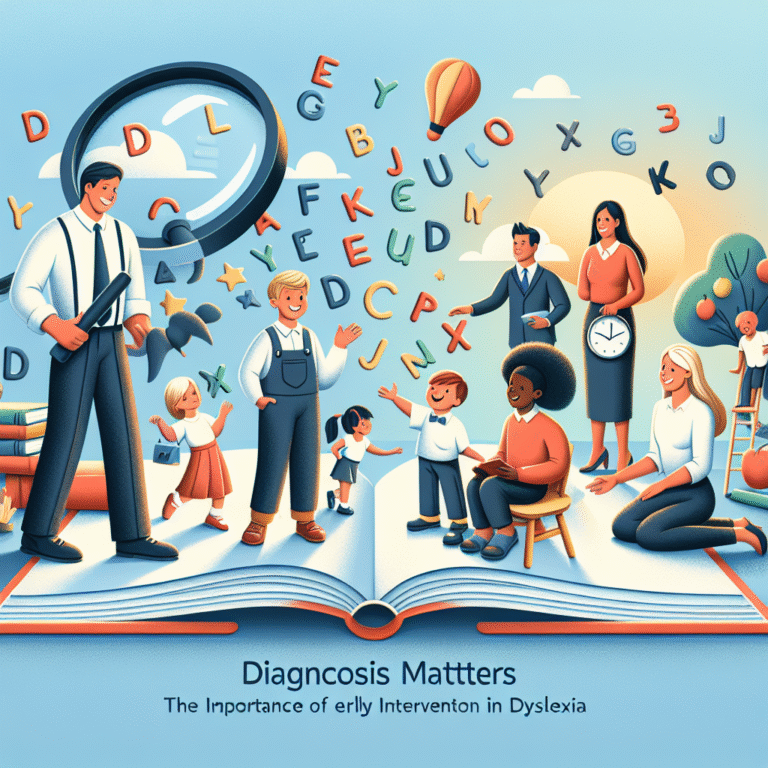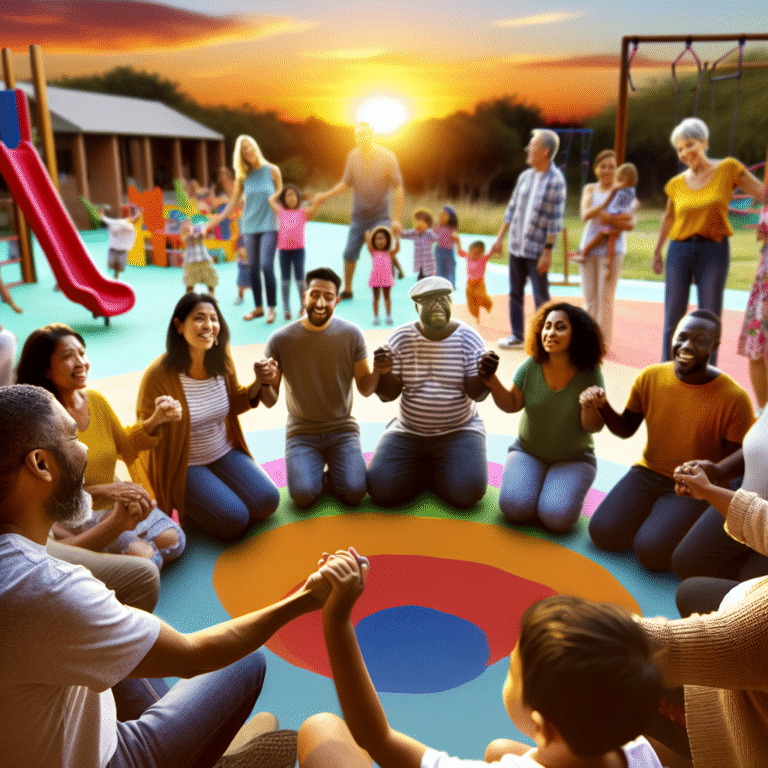
Introduction
Imagine a relationship where laughter reigns, support is unwavering, and intimacy is not just about physical attraction but also about deep psychological connection. This is the essence of companionate love, often described as the power of friendship in romantic relationships. In a world where romantic partnerships are sometimes viewed through the lens of passion and desire, the true strength often lies in the friendship that underpins them. What if we told you that investing in friendship within your romantic relationship could not only enhance your bond but also provide a sturdy foundation for a fulfilling life together?
As we dive deep into the nuances of the power of friendship in romantic relationships, we will explore how companionate love can transform mundane connections into lifelong partnerships, full of joy, understanding, and mutual respect. Through real-world case studies, expert insights, and actionable takeaways, this article will illuminate the profound impact friendship can have on romantic relationships.
Understanding Companionate Love
Defining Companionate Love
Companionate love embodies the emotional closeness and intimacy that grow between friends. It’s characterized by a strong bond that prioritizes friendship, shared values, and mutual respect over mere physical attraction. Dr. Robert Sternberg, a leading psychologist, term this facet of love as one of his key components in the triangular theory of love, where intimacy and commitment constitute the foundations of enduring relationships.
Key Features of Companionate Love
- Mutual Respect: Understanding and valuing each other’s opinions.
- Deep Understanding: Knowing your partner’s inner world, fears, joys, and life aspirations.
- Trust and Loyalty: Feeling secure and safe, fostering an environment for growth and vulnerability.
- Shared Values: Aligning on fundamental beliefs that help bond partners together.
This blend of friendship and love offers a unique flavor to romantic relationships, often making them more durable and satisfying.
The Importance of Friendship in Romantic Partnerships
When examining the power of friendship in romantic relationships, it’s essential to recognize its inherent role in fostering happiness and longevity. Research shows that couples who prioritize friendship experience higher levels of satisfaction and resilience in their relationships.
Case Study: The Johnsons
Consider the Johnsons, a couple married for over 15 years. Elizabeth and Mark emphasize friendship within their relationship, engaging in shared hobbies, travel, and open communication. By prioritizing fun and companionship, they amplify their emotional intimacy while navigating challenges with grace.
Analysis: Their shared activities not only bolster their bond but also create cherished memories, deepening their friendship and ensuring that their love endures through good times and bad.
The Psychological Benefits of Friendship in Romantic Relationships
Enhancing Emotional Connection
Friendship provides a safe harbor for expressing vulnerability. People who feel free to be themselves in their romantic relationships often find deeper emotional connections. This layer of safety and acceptance can often lead to greater intimacy, which in turn enhances attraction.
Reducing Conflict
Friendship fosters understanding and empathy. When partners view each other as friends, disagreements can be approached with care and perspective, reducing the chances of conflict escalation. An essential aspect of the power of friendship in romantic relationships lies in the ability to communicate openly without fear of judgment.
Table 1: Conflict Resolution Styles
| Style of Resolution | Characteristics | Impact on Relationship |
|---|---|---|
| Avoidant | Ignoring conflict, leading to resentment | Unresolved issues |
| Compromising | Finding middle ground | Potential dissatisfaction |
| Collaborative | Working together to resolve issues | Strengthened friendship, trust |
Improving Life Satisfaction
Research indicates that individuals in relationships built on friendship report higher levels of overall life satisfaction. The shared experiences, emotional support, and companionship found in friendship significantly elevate partners’ happiness levels.
Building Friendship in Romantic Relationships
Communicating Effectively
To cultivate the power of friendship in romantic relationships, communication must be open and honest. Both partners should feel safe expressing their thoughts and feelings without fear of backlash.
Actionable Tips:
- Set aside 30 minutes weekly for uninterrupted conversation.
- Share thoughts about your week, feelings, and future goals.
Engage in Mutual Activities
Engaging in hobbies or adventures you both enjoy can reignite your friendship. Trying new activities can be fun and exciting, allowing you to create lasting memories.
Case Study: The Reeds
Sara and Tom Reed approached their marriage stagnation by participating in dance classes together. This endeavor not only rekindled their love but also strengthened their friendship. They learned to rely on each other, not just romantically but also as partners in a new venture.
Analysis: Their synchronicity on the dance floor translates into a smoother rhythm in their everyday lives, showcasing how shared experiences fortified their bond.
Prioritize Quality Time
Carving out “us time” amidst busy schedules is vital. Make it a point to enjoy simple pleasures together, be it a weekend brunch or movie night at home.
Navigating Challenges in Romantic Relationships
The Test of Time
As time passes, relationships can face challenges – whether in the form of life stressors or personal changes. Here, the foundation of friendship becomes crucial.
Case Study: Amanda and Jay
Amanda and Jay, navigating career changes and new parenthood, faced rocky patches in their relationship. By leaning on their bond of friendship, they communicated openly, shared parenting duties, and supported each other through tough times.
Analysis: This inclination to support one another stems from their friendship-rooted connection. It emphasizes that relying on each other during tumultuous times strengthens not just their resolve but their relationship as well.
Conclusion
The power of friendship in romantic relationships cannot be understated. Companionate love offers a foundational layer that enhances emotional intimacy, reduces conflict, and boosts overall life satisfaction. By prioritizing friendship within romantic partnerships, couples can create enduring bonds capable of withstanding the test of time.
Actionable Insight
As a takeaway, we encourage you to embark on a journey toward a friendlier relationship. Start by identifying shared interests and committing to regular quality time. The more you prioritize your friendship, the stronger your romantic relationship will become.
FAQs
1. What is companionate love?
Companionate love emphasizes emotional intimacy and deep friendship, characterized by mutual respect and understanding.
2. How can I strengthen friendship in my romantic relationship?
Engage in mutual activities, communicate openly, and prioritize quality time together.
3. Why is friendship important in romantic relationships?
Friendship enhances emotional connection, reduces conflict, and contributes to overall life satisfaction.
4. Can conflicts strengthen a relationship?
Yes, navigating conflicts with care and empathy can lead to a stronger bond, especially if approached from the standpoint of friendship.
5. How often should we check in with each other emotionally?
Regularly is best, ideally through set conversations or daily check-ins to nurture intimacy and connection.
Through understanding and employing the power of friendship in romantic relationships, you can foster meaningful connections that provide both joy and fulfillment. It’s a journey worth taking, one filled with laughter, love, and lifelong companionship.

















